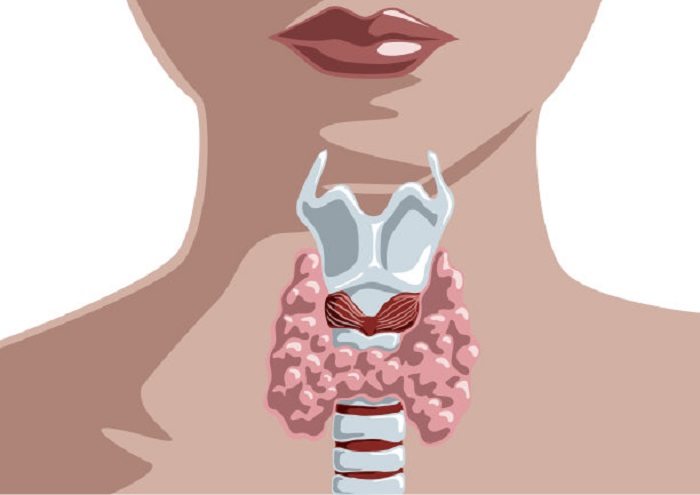Hypothyroidism, a condition where the thyroid gland doesn’t produce enough thyroid hormones, can be tricky to diagnose. But with the right knowledge and medical tests, it’s possible to identify this condition accurately.
The first step in diagnosing hypothyroidism is taking a detailed medical history. Your doctor will ask about your symptoms, which can be quite diverse. Fatigue is a common one. You might feel constantly tired, as if you just can’t get enough energy no matter how much rest you get. Weight gain without an obvious reason is another sign. Even if your diet and activity level haven’t changed, you could find the pounds creeping on. Cold intolerance is also typical. You may feel colder than those around you, even in normal – temperature environments.
During the physical examination, the doctor will look for certain clues. They might notice dry skin, which can be flaky and rough. Hair loss or thinning hair can also be an indicator. Additionally, the doctor will check for a slower than normal heart rate and look for swelling in the neck area, which could suggest an enlarged thyroid gland.
Blood tests are crucial in diagnosing hypothyroidism. The most important test is for thyroid – stimulating hormone (TSH). TSH is produced by the pituitary gland and signals the thyroid to make thyroid hormones. In hypothyroidism, the TSH level is usually high because the body is trying to get the underactive thyroid to produce more hormones. Another key test is for the levels of thyroid hormones themselves, such as thyroxine (T4). In hypothyroidism, the T4 level may be low. However, it’s important to note that TSH and T4 levels can be affected by various factors, including certain medications and other medical conditions.
In some cases, doctors may also test for thyroid antibodies. These antibodies can indicate an autoimmune cause of hypothyroidism, such as Hashimoto’s thyroiditis. Tests for thyroid peroxidase antibodies (TPO antibodies) and thyroglobulin antibodies are common. If these antibodies are present, it suggests that the body’s immune system is attacking the thyroid gland, leading to its underactivity.
In certain situations, additional tests may be needed. For example, if there’s a suspicion of a problem with the pituitary gland, which controls the thyroid, an MRI or CT scan of the brain may be ordered. This can help identify any tumors or other issues that could be affecting the pituitary’s ability to regulate the thyroid. In some patients with nodules or an enlarged thyroid gland, a thyroid ultrasound may be done. This imaging test can show the structure of the thyroid and help determine if there are any abnormal growths.
In conclusion, diagnosing hypothyroidism requires a combination of a thorough medical history, physical examination, and appropriate laboratory and imaging tests. If you suspect you have hypothyroidism or have any of the associated symptoms, it’s important to see a doctor for proper evaluation. Early diagnosis and treatment can greatly improve your quality of life and prevent potential complications.
Read more:
- Top 6 Safest Birth Control Options For Women
- FDA Moves To Eliminate Ineffective Cold & Allergy Medicine Ingredient
- Is Fluoride On The Way Out? Experts Sound Alarm Over Potential Public Health Risks


